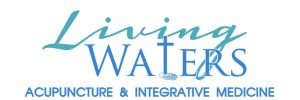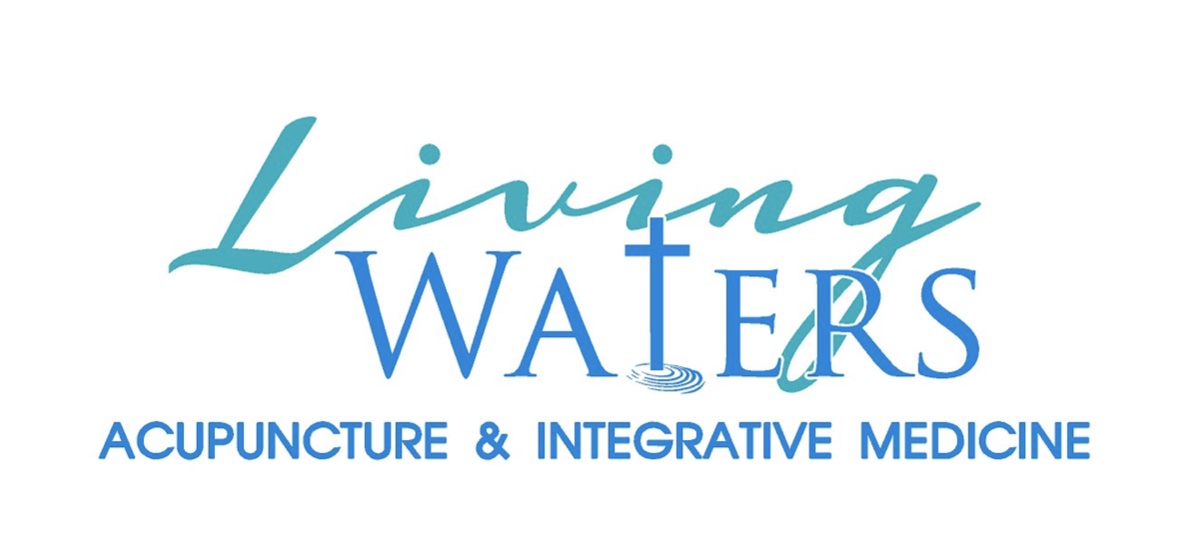If you struggle with your weight, you’re not alone. In fact, more than 30% of all U.S. adults meet the criteria for being obese.1
A Variety of Reasons:
Acupuncture works to control weight on various levels.
Release Endorphins – With diet changes, many people experience cravings, which can lead to binge eating. Cravings in the body are often due to a lack of endorphins. Acupuncture can help to balance out the cravings by helping the body to release endorphins.
Reduce Stress – An increase in the “stress hormone” cortisol can alter the metabolism. Through the release of endorphins, the “stress hormone” can also be neutralized.
Support Digestion – Acupuncture can support the body to generate an efficient digestive process.
Americans spend billions of dollars annually on weight loss products, but obesity is still on the rise. People are even turning to surgery as a weight loss option. This is a drastic measure and can cause unwanted side effects.
Unfortunately, excess weight is not just a cosmetic issue. Being overweight is a risk factor for many conditions such as high blood pressure, diabetes, and heart disease. The good news is that maintaining a healthy weight can reduce your risk, and it’s never too late to get started. People seeking to address their weight concerns are turning to acupuncture as a natural and effective way to approach weight loss.
A traditional approach to healing
Acupuncture and Traditional Chinese Medicine (TCM) take a holistic, or whole-body approach to health. This ancient form of healthcare works to restore the balance and flow of the body’s Qi (pronounced “chee”), or vital energy. According to TCM, the reasons why people gain weight, or find it difficult to lose weight, are numerous. Your acupuncturist is well versed in uncovering the root cause(s) or imbalances that have affected your weight.
Your acupuncturist will also take into consideration other factors that may have led to weight gain, including your lifestyle, and emotional and mental well-being. By taking your whole self into account, you and your acupuncturist can get to the root of your health concerns, rather than just treating the symptoms.
Other ways to support your path toward a happier, leaner you!
- Exercise is an important component of any weight loss program. Adding aerobic exercise, weight training, and other types of exercise to your daily routine will have a positive effect on your weight and general health.
- Diet is another important issue to consider. In general, a healthy diet is made up of unprocessed, organic foods, including a wide variety of whole grains and vegetables. Your acupuncturist may offer nutritional counseling designed for your specific needs.
- Stress relief may also be a part of your treatment. By learning to lower stress and anxiety through techniques such as breathing exercises, meditation, or gentle exercise, you may lose weight more easily, and possibly stop destructive habits such as overeating.
What will my acupuncturist do?
During your first visit, your acupuncturist will take an extensive health history and perform various exams. At the completion of your first visit, your acupuncturist will provide you with a comprehensive diagnosis and an explanation of your treatment plan. Your treatments will focus on correcting any underlying imbalances in your body, and will also help to support you in reaching your weight loss goals.
Based on your unique symptoms, your acupuncturist will choose to concentrate on acupuncture points related to specific organs. For example, restoring balance to the flow of Qi in the Stomach can help promote good digestion and suppress an overactive appetite. Emotional issues, such as anxiety and stress, both of which can lead to overeating, can be addressed by balancing the Liver.
A partnership for better health
It is important to remember that acupuncture is not a “quick fix.” By working with your acupuncturist, and committing to long-term goals, you will experience positive changes in your overall health, including maintaining a healthy body weight.
In addition to acupuncture treatments, your practitioner may also recommend other lifestyle changes. Whether you want to lose a few pounds or a significant amount, people are turning to acupuncture as a natural and effective way to approach weight loss. By working together with your practitioner, you can help your body regain its natural balance—and start taking steps toward true health and vitality.
Sources:
1. Center for Disease Control and Prevention. http://www.cdc.gov/nccdphp/dnpa/obesity
U.S. National Library of Medicine Medical Encyclopedia, Article – Obesity. 4/19/2004.
Komada, J., Article – Acupuncture for Weight Loss, 2003.
Pitchford, P., Healing with Whole Foods, North Atlantic Books, 1993.




